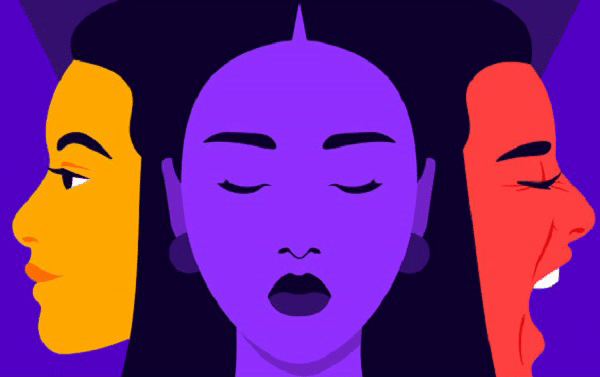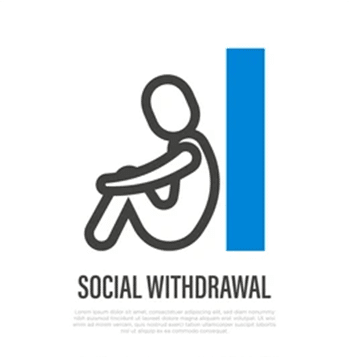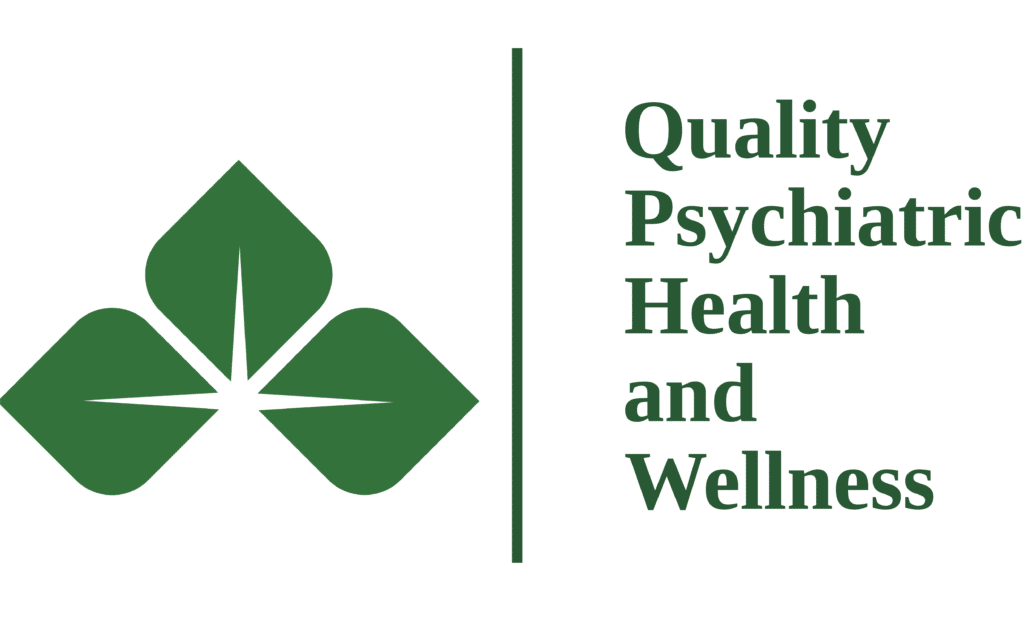Life presents hardships that are impossible to maneuver on your own. It so happens that without even realizing it, our loved ones, or we, can fall into the realms of an excessive mental health crisis. In cases like these, knowing the initial symptoms of mental illness helps start appropriate mental health treatment.
So, if you or your loved one have been feeling low recently but are unsure if you should seek mental health professionals, below is some helpful information.
We’ve compiled a list of common signs to watch out for when determining if someone is experiencing mental illness.
1. Constant worrying and feeling anxious about the known and unknown.
Worrying about specific outcomes and future aspects is something we all do. To an extent, it’s understandable. But the warning sign arises when it becomes persistent, to the point of evaluating the negative things only.
If this becomes a noticeable sign in you or your loved one, you shouldn’t ignore it.
Talking to a family member always helps figure out why you feel the way you do, but so does reaching out to qualified mental health counselors.
2. Sudden mood changes without any visibly triggering factor.
We’re all affected by what happens around us. Happy events make for positive moods, and sad events can leave us feeling angry, betrayed, and sad.
While some individuals learn to express positive mood changes only, people suffering from anxiety or anger management issues tend to be vocal about it.
Sudden mood swings without any triggering factors are usually violent and may change afterward into feelings of remorse or bitterness.
At times like these, it’s always helpful to make your loved ones realize that they are not alone.

3. Feeling of worthlessness, sadness, or irritability.
Going through certain life phases, mental trauma like PTSD, or even past abuse tends to make people give up. It becomes too hard to imagine a life that can phase back into normalcy.

4. Social withdrawal from friends and family.
Spending too much “alone” time and visibly avoiding friends and family gatherings is indeed a warning sign to consider.
People undergoing mental depression disorders need more attention and care than a toddler does.
If your loved one has been canceling social gatherings frequently, it’s time you brought this change to notice.

5. Insomnia or excessive sleeping/change in eating habits.
Eating too much or not eating for hours on end are crucial indicators of mental stress.
Similarly, anxiety disrupts the sleep patterns of individuals, resulting in sleep disorders. While 7-8 hours of sleep are usually essential for proper functioning, mentally deprived people can sleep more than 12 hours, or barely 2 hours.
Eventually, this can worsen symptoms if no medical intervention or psychotherapy takes place.
If you’ve observed all or at least two of the symptoms mentioned above in yourself or your loved one, then it’s time to reach out to a professional, empathetic, and caring mental health professional.
At Quality Psychiatric Health and Wellness, Dr. Ndubaku is ready and waiting for your call.
When it’s about mental health, seeking help shouldn’t be an option – it should be a must! We’re here to move you toward a healthier life goal.


